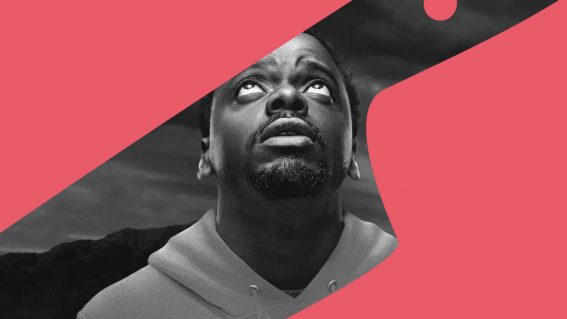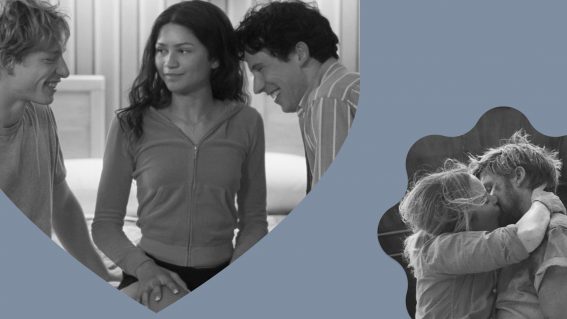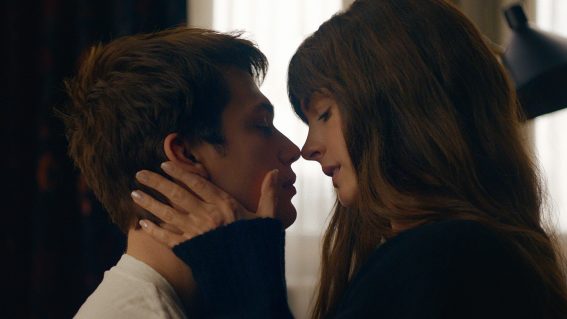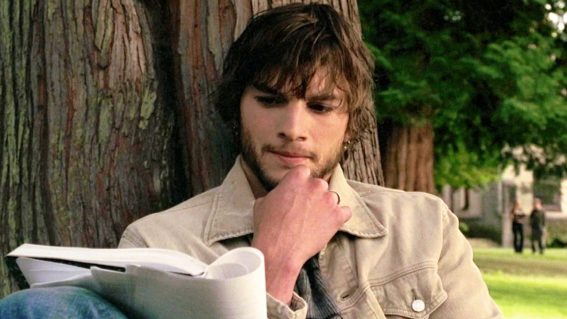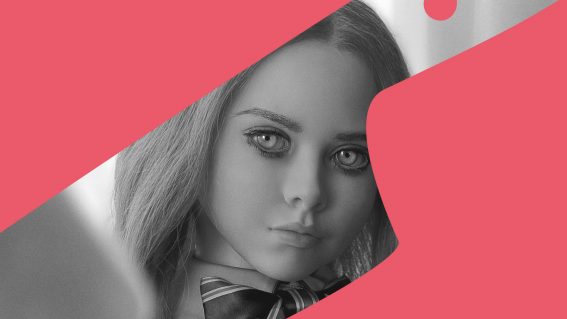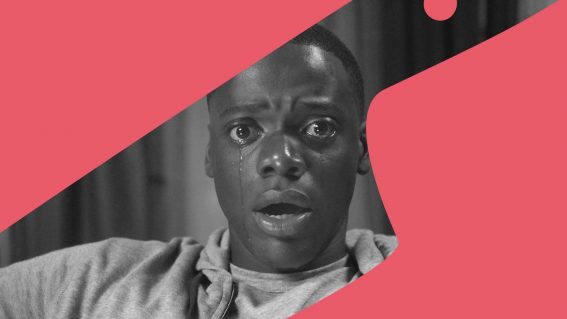Interview: Sharlto Copley from ‘Elysium’
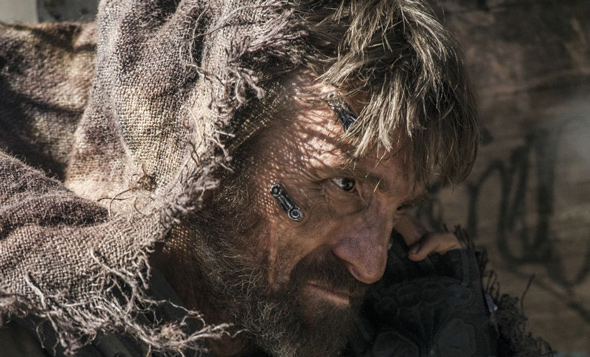
Along with writer/director Neill Blomkamp, South African actor Sharlto Copley announced his arrival into movies grandly with 2009’s modern masterpiece District 9. Copley’s had a couple of high-profile roles since, and now he’s playing the villain – a deadly South African mercenary named Kruger – in Blomkamp’s follow-up to District 9, the future-set action thriller Elysium, in theatres on Thursday.
I understand it was your decision to make Kruger South African?
He wasn’t written as a South African initially. I was quite loathe to go back and do a white South African villain after having played a South African hero in District 9 – who was the first South African movie hero to come along in a long time, probably since The Gods Must Be Crazy. Wikus [Van De Merwe, Copley’s character in District 9] almost in a way for me symbolises the best of what white South Africa had actually done in real life, trying to do the right thing morally and ethically. So with Kruger, Neill and I were joking that we’d just undone all the good work we’d done for white South Africa with Wikus.
I even tried to convince myself to do something different with Kruger – when we were shooting tests for the character I did an Eastern European version; a British version; an American version and then I did three different South African accents. When we looked at them all together the one that became Kruger was just the most entertaining – it had an enormous amount of energy behind it which came from real people and real stereotypes.
So we decided to go with South African for Kruger – the film doesn’t take itself that seriously and so hopefully people won’t take the villain too seriously.
Did you see Kruger as an extension of the bad-ass South African mercenaries in ‘District 9’?
I never thought about it as being directly linked to District 9, but Neill and I have always been fascinated by South African military history and that sort of thing so I moulded the character based on two things; the first being the accent and the sarcastic sense of humour that comes from an area in Johannesberg called ‘The South’, it’s literally south of Jo’berg. It’s mostly English-speaking South Africans who speak with very strong accents. Then the military component was a unit called 32 (“three-two”) Battalion, which in the early ’80s was involved in the ‘Bush wars’ as they called them, fighting in Angola, effectively trying to stop the spread of communism in Africa. It was during apartheid and they were receiving covert support from Britain and America because they were fighting communist-backed forces in Africa.

History shows these guys, particularly 32 Battalion, as being quite used by the political system and the politicians in different ways over the years and I thought that was appropriate for Kruger, who’s going to feel manipulated by the politicians to a certain degree. I had to try and find some real place to play him from so that he wasn’t just one-dimensionally evil, in my mind at least.
These men, the kind that South Africa’s military history produced, are an interesting new archetype in action cinema.
Well the best ones come from reality. If you look at the pictures of 32 Battalion, that’s where my guys’ beard and those PT shorts that he’s having a fry in came from; you look at pictures of these guys and its literally just them in these PT shorts with a whole pile of weapons. And this was definitely the era before videogames and the American and British military had made soldiering into something cool – these were just kinda really rough, alpha men that were gonna hurt you. It was a very interesting time.
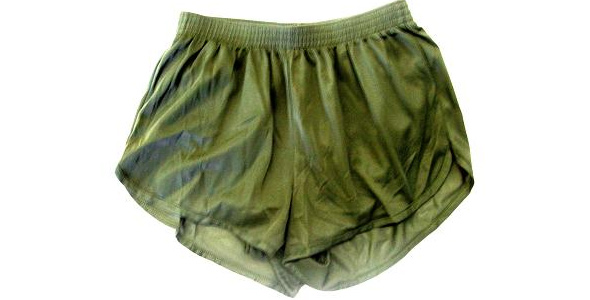
These PT shorts
32 Battalion became widely regarded in military circles as the best bush soldiers in the world, and it’s down to their experience. Now the Brits and Americans and the Canadians fighting in Afghanistan are considered the top soldiers because they’re getting the experience. Africa during the ’80s had an enormous amount of experience. The average South African just living there is exposed to a level of violence other first world countries are not. So that’s what I’m drawing on.
I always joke with people who say ‘Who would win in a fight between you and Matt Damon?’ – I say that if it’s a UFC fight, Matt Damon would win, but if it’s a fight to the death with no rules, definitely me. I’ve been in environments where I could literally die every day. It’s a statistical fact. That just becomes your normal way of existing. So when I tap into that kind of energy, it’s tapping into something very real.
“I laugh reading the reviews in America that say things like ‘Neill starts out angrily making a statement about the health system in America and the 99% versus the 1%'”
It brings a real authenticity to both ‘District 9’ and ‘Elysium’…
It’s about trying to create relevance. I always laugh at how people desperately say what they think Neill is trying to say. I laugh reading the reviews in America that say things like ‘Neill starts out angrily making a statement about the health system in America and the 99% versus the 1%’ (yeah, stupid film critics) and I always giggle because Neill knows he’s in the 1%, he’s a satirical artist, he’s just presenting an interesting story about a guy who wants to save his own life and he’s trying to make that in a world that’s a little bit more relevant to the one we live in right now rather than, y’know, a superhero movie that they invented and wrote in the ’50s. So he’s just trying to bring some level of relevance to it.
If you’re a left-wing guy you can see the film and say ‘well, everybody should have universal health care’; if you’re a right-wing guy, you might say ‘well you see this is what will happen if you open up all the borders’. To me, that’s what good satirical work does – it pushes people’s buttons, but generally they reflect their own issues. They will tell you what the movie is about based on things important to them, if you’ve done it successfully.
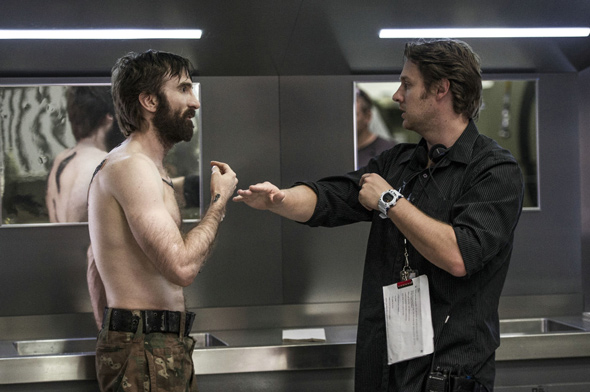
Do you think New Zealand audiences are at an advantage with ‘Elysium’ because we’re able to pick up on stuff that other countries might not – like the Springbok painted on the side of Kruger’s aircraft – because of our relationship with South Africa?
I think so. While we were shooting Elyisum, the Rugby World Cup was on, and we had Australians and New Zealanders in the crew. And it’s funny to me because of course there’s this amazing rivalry between Australia, South Africa and New Zealand when it comes to the rugby, but I noticed that once your team is out, you start siding with the other Southern Hemisphere teams. It’s like, my arch-enemy has just become the guy I am supporting! There’s definitely a sense of similar culture [among the Southern Hemisphere countries], so I think in certain ways there are things Australians and New Zealanders can appreciate about the character that Americans might miss.
What’s the status of ‘District 10’? Will we see it? What’s happening?
I think that’s become a matter of when, not if. There is an amazing treatment for it; it’s gonna come down to a timing thing, you know? Everybody keeps telling me, ‘But Christopher [Johnson, the main ‘prawn’ in District 9] said three years and it’s been four years now!’ And I keep saying ‘Well, you don’t know that prawn years are the same as human years’.
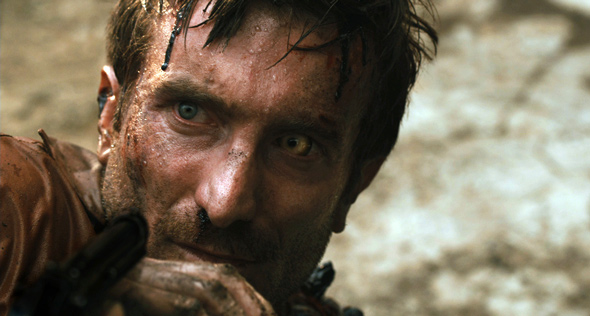
I don’t want Neill to feel rushed – whenever he’s ready will be fine, as long as it happens. Tell him I said that.
We always felt that it’s gotta be good, it’s like what James Cameron did with Terminator when he went back with the second one and arguably made a better film than the first – I actually prefer the second one. So if you can do that, I think it’s worth doing. To just churn them out for the sake of the money – because obviously everybody is like ‘Make seven of them!’ – would be wrong.
I also prefer ‘Terminator 2’ to ‘The Terminator’. I gotta ask you about a film I’m really looking forward to, ‘Oldboy’ [Copley is playing the bad guy in Spike Lee’s upcoming remake of the iconic 2005 South Korean film directed by Park Chan-Wook]. We didn’t see a lot of you in the trailer. What are your thoughts about the film at this point?
For me, it was the darkest thing I’ve ever done. And I think the darkest thing I ever will do. And I’ve got to do something with it – when I was doing The A-Team I was doing Murdoch very much the way that Dwight Shultz [who played Murdoch on the TV Show] did it because I thought it would work still today. Doing the villain in Oldboy – the character I play is called Adrian – I felt like I could depart radically from the original South Korean film and just do my own invention that was something very, very different for me. So just as an actor it was interesting. I always go out to try and give the audience something entertaining with the character, and this will definitely be the most different character that I’ve ever done.
I can’t wait to see it! Just getting back to ‘Elysium’ before we finish, there’s an amazing moment towards the end of the film when [MAJOR SPOILER ALERT] your character’s face is rebuilt after having been decimated by a grenade. What was going through your head playing “recently reconstituted”?
My real problem with that was how to tell my mother when we were at the premiere that my head was gonna get blown off. I was agonising about whether I tell her or not. The reconstituted guy was a lot of fun, I always knew that was gonna be fun – he gets to come back with this ridiculous hairstyle and this very pasty, pale skin. But it really put the character in a space where he’s absolutely had enough of going on these missions for his political leaders. It was a great way to push the character to his absolute extreme.
I was bummed when Kruger finally died.
In my mind he’s still alive. I keep telling Matt, Kruger backed himself up! There’s another version somewhere that’s gonna wake up…

